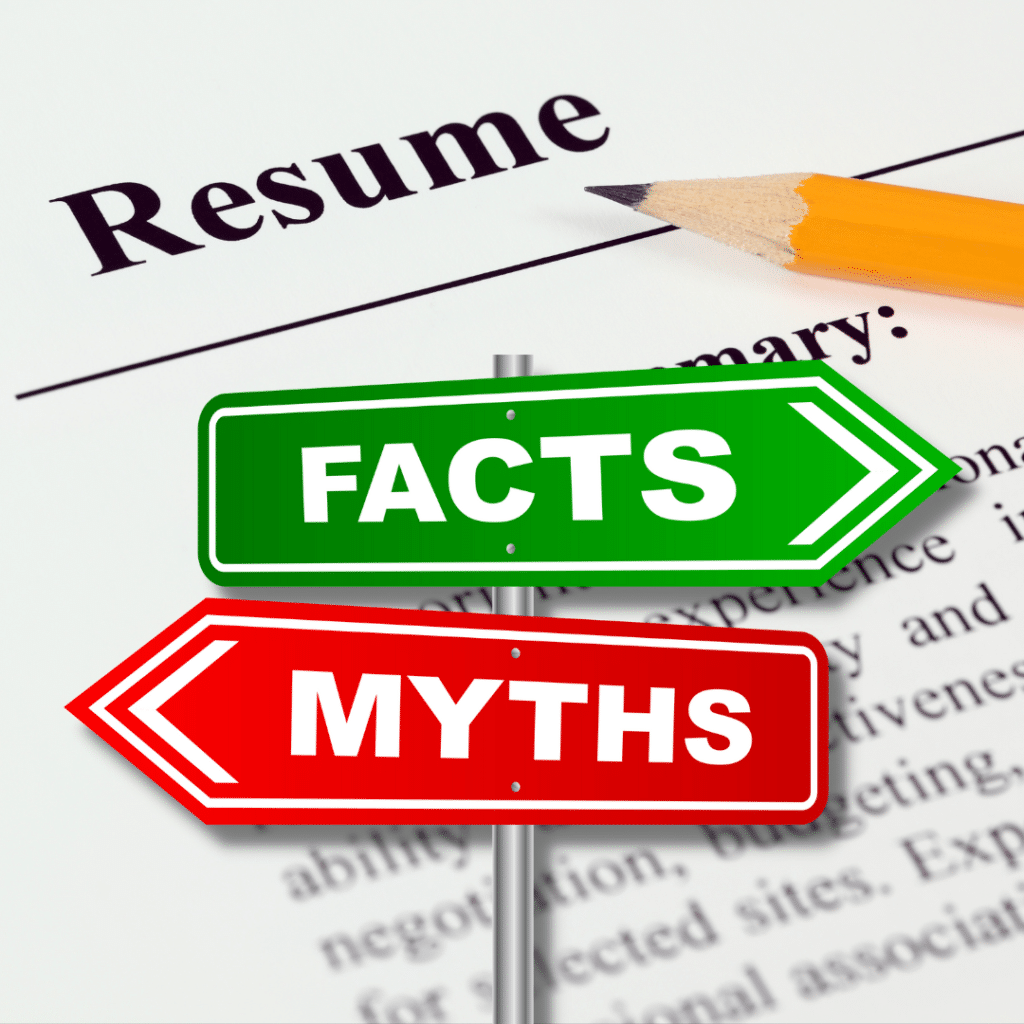While it can be a good idea to get feedback on your resume, who you ask and what you ask are important. Everyone has an opinion about your resume, especially if you ask them for their opinion.
It’s important to be strategic about who you ask to review your resume.
There are a couple of people you should ask for feedback, and specific tasks for each of them.
The first is someone who knows you — and your work — well.
This might be a close friend, a spouse or significant other, or a past colleague. (Why not a current colleague? Be careful who you let know you’re looking for a new job. Some bosses presume you’ll stay with your current employer forever and may perceive it as disloyal that you’re looking. You can’t count on your current co-workers to keep your job search completely confidential.)
You want this person to review your resume and answer the following three questions:
- Do you see anything I need to change or correct?
- Does this sound like me?
- Is there anything I should add?
The second is someone who hires for jobs in your field or industry.
This might be a past supervisor (perhaps someone you’re using as a job reference). It should be someone who is currently hiring, not someone who used to hire candidates. The job search process changes rapidly, and the advice that you may get from someone who hasn’t reviewed resumes in a while might be dated. (For example, the one-page resume is no longer a big deal in the age of electronic resume submission—and is totally inappropriate for federal resumes, which easily range 4-6 pages.)
Remember, though, that the person involved in hiring likely sees resumes only after they have made it through the applicant tracking system (ATS) software or made it past Human Resources (HR).
Don’t ask just anyone for feedback. Too many opinions can lead to “analysis paralysis” where you become obsessed with perfection instead of getting started using your resume in your job search.
Need assistance with resume writing? Check out our services and resources!


